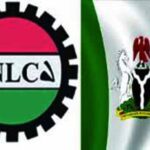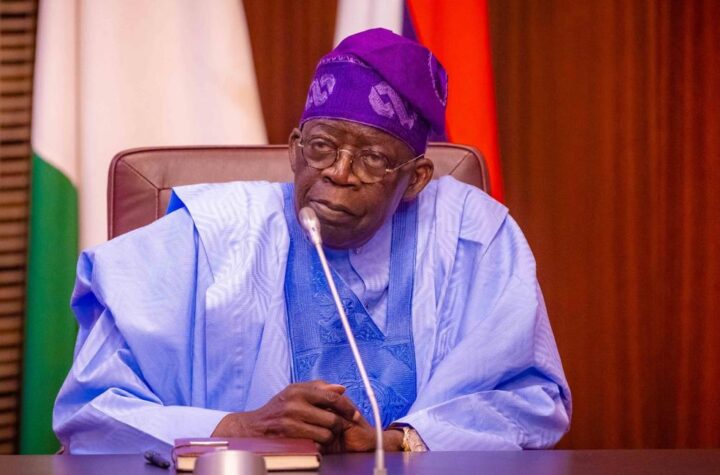
By allcitynews.ng
The President of Nigerian Association of Chambers of Commerce, Industry, Mines, and Agriculture (NACCIMA), Ide John C Udeagbala ) has expressed mixed feelings over the roundabouts economic growth and development since independence.
Worried that the country is still facing numerous challenges at a period like this, he said: A few highlights from relevant statistics will show that GDP per capita increased steadily from Independence and reached a peak of about USD1,800 on average between 1976 and 1979, then began to decline, showing a significant drop during and after the implementation of the Structural Adjustment Programme (SAP) in the 1980s.
![]()
Relevant statistics will also show that the highest annual growth rate of Nigeria’s GDP per capita occurred between 1999 and 2007, perhaps reflecting the positive effect of democracy on the economic growth. However, the last decade has been tough.

After two economic recessions and a global pandemic within the last decade, the Nigerian economy today, faces high inflation rate, high unemployment rate, low growth rates, mounting local and foreign debt, and a depreciating currency while still largely being import-dependent.
However, Nigerian economic growth since independence remains positive with the potential to match the most developed economies in the world.

According to Udeagbala, “My view on the various developments plans of the Nigerian government, since 1960, is that we have created over time, development plans that can rival the best in the world.
![]()
“The First National Development Plan (1962-1968), the Second National Development Plan (1970-1974), the Third National development Plan (1975-1980), the Fourth National Development Plan (1981-1985), the Perspective Plans (1986-1990), the Rolling Plans (1990 – 1998), the National Economic Empowerment and Development Strategy (NEEDS, 2003 – 2007), the Vision 20:2020, and the Economic Recovery and Growth Plan (2017-2020), all of which have great merit from the scholastic point of view, leading to the firm opinion by myself and most of the general populace that Nigeria’s issues are not with planning.”
Still expressing his mixed feelings over the circle movement since independence, the NACCIMA helmsman stressed “current state of the economy is partly as a result of two main characteristics of various policies. Either the policy design and implementation commences too late or its positive effective is counteracted by the design and implementation of a different policy.

“An example of the first is the length of time between the impacts of the lockdown measures of the COVID-19 pandemic on the Nigerian private sector, the time elapsed before the announcement of the Economic Sustainability Plan (ESP), and yet more time passing before the implementation of the initiatives of the plan.
“An example of the second is the current implementation of policies in the foreign exchange market that totally negate any benefits or relief that may have been obtained by the implementation of the ESP.”














More Stories
Naira depreciates to N1,405/$ in parallel market
FCCPC finally seals Abuja Chinese supermarket over discrimination against Nigerians
Recapitalization: CPPE implores CBN to ensure minimum risk to shareholders, employees